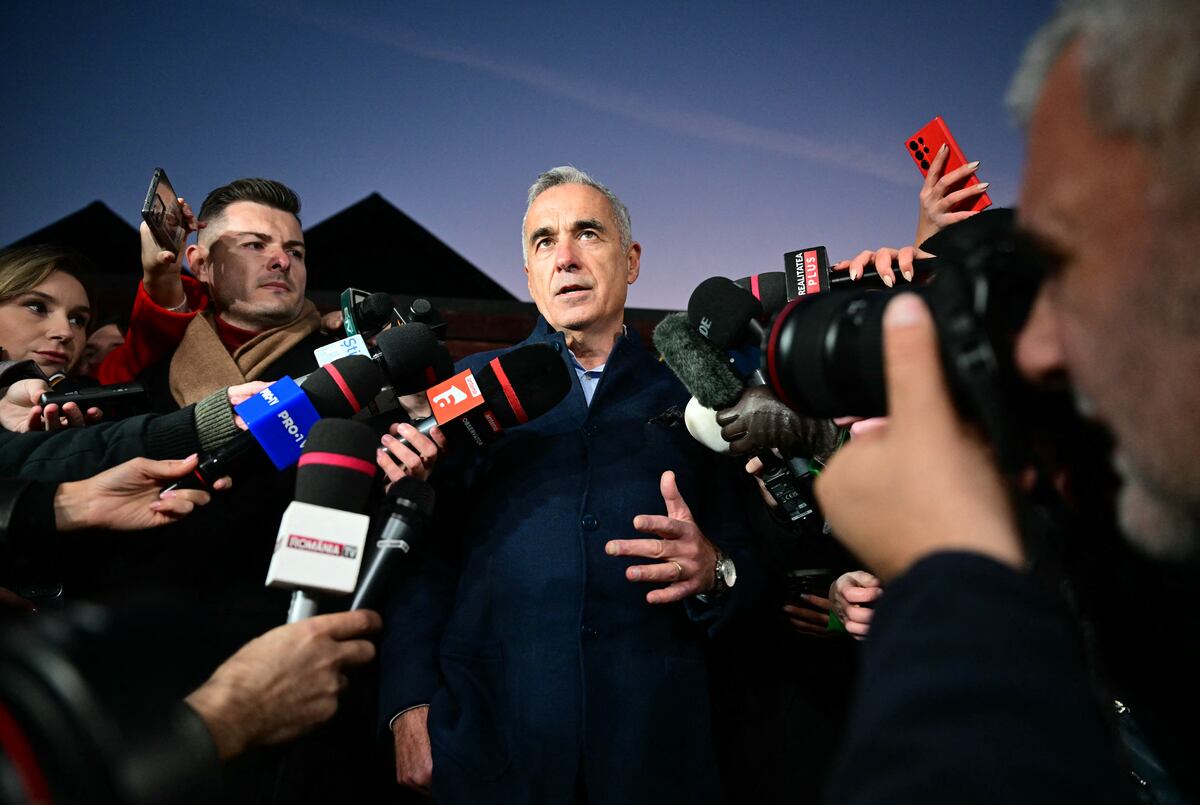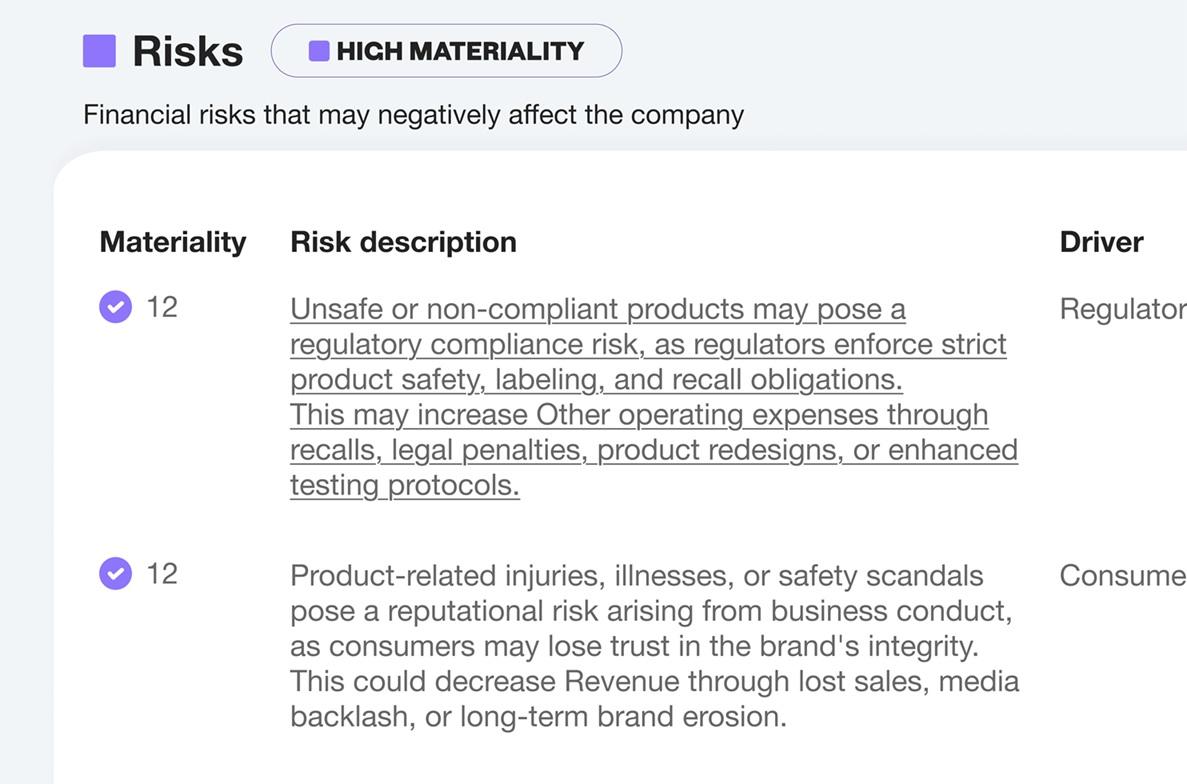The recent annulment of Romania's presidential election run-off, originally scheduled for Sunday, underscores a critical juncture for the nation’s geopolitical alignment and NATO's stability in Eastern Europe. The court's decision to rerun the first round stems from alarming reports of Russian interference, including manipulated social media campaigns and cyberattacks on election infrastructure. Calin Georgescu, a nationalist candidate with pro-Putin sentiments, had emerged as a frontrunner, raising concerns about a potential shift in Romania's foreign policy away from its Western alliances. His stance on halting support for Ukraine and reevaluating NATO's missile defense system has intensified fears regarding the integrity of Romania's commitment to NATO, especially given its strategic position bordering Ukraine and access to the Black Sea.
Despite the unsettling implications of Georgescu's candidacy, experts suggest that institutional safeguards may mitigate the risks of a drastic policy shift. Romania's constitutional framework limits presidential power, ensuring that the government retains control over foreign and security policy. Analysts assert that even if Georgescu were to assume the presidency, his ability to unilaterally alter Romania's NATO commitments would be constrained by parliamentary oversight and the checks and balances inherent in the political system. As Romania navigates this complex electoral landscape, the resilience of its democratic institutions will be crucial in maintaining its strategic alliances and countering external pressures from adversarial actors.








